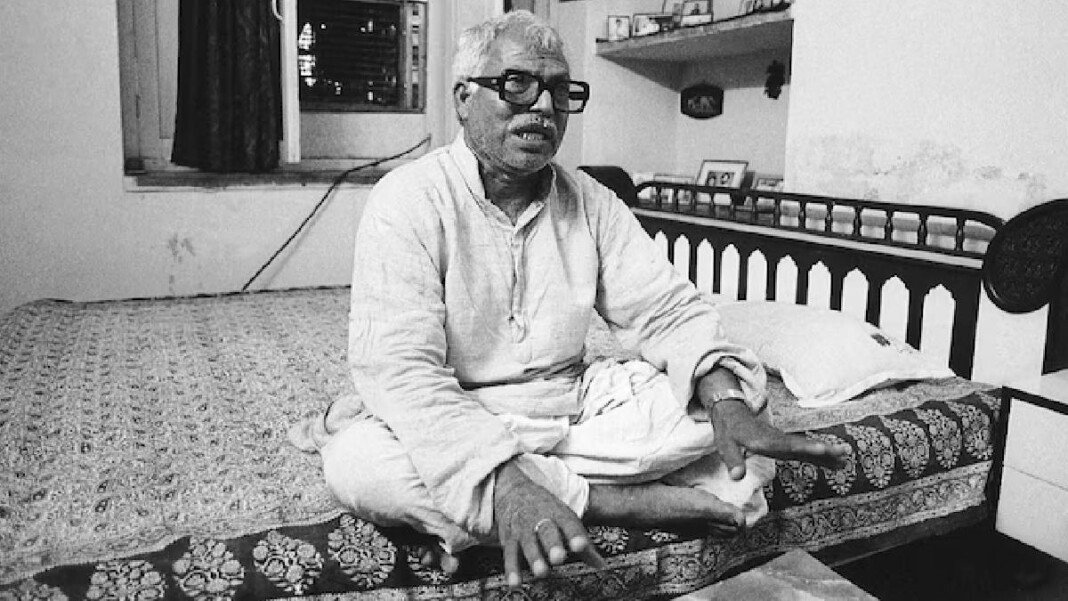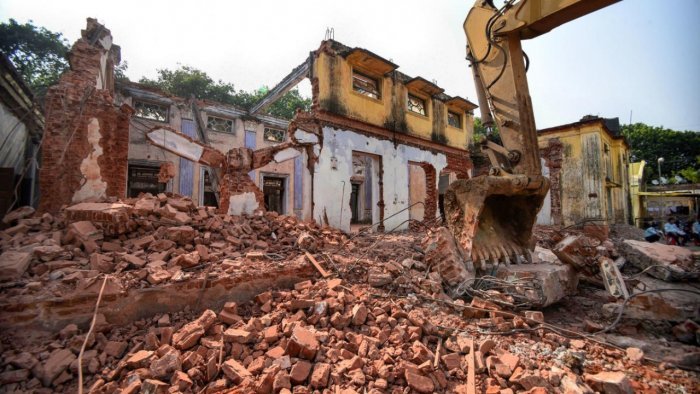HT Digital,
Patna, Jan 23: The former Chief Minister of Bihar, Karpoori Thakur, is set to receive the Bharat Ratna posthumously. This news was announced by the President’s office on the eve of the late socialist leader’s birth anniversary.
Prime Minister Narendra Modi, in a message via X, hailed Thakur as the ‘beacon of social justice’. He praised Thakur’s unwavering commitment to uplift the downtrodden and his visionary leadership, which has significantly impacted India’s socio-political fabric. Thakur, known for his advocacy of social justice and the upliftment of backward classes in North India, continues to be an influential figure in Bihar’s politics. His journey from a humble background in the Nai community to becoming the Chief Minister of Bihar is a testament to his resilience and commitment to public service.
Karpoori Thakur, Bihar’s chief minister in the 1970s, made significant strides, particularly for the underprivileged.
A staunch socialist, Thakur’s nationalistic leanings were cultivated during his student years, later leading him to the All India Students Federation. The ‘Lohia’ school of thought further moulded his political ideology, which stressed on upliftment of lower castes.
Thakur introduced the ‘Karpoori Thakur Formula’ for reservation, ensuring fair representation for backward classes in government services. In November 1978, he implemented 26% reservation for backward classes in Bihar, paving the way for the Mandal Commission’s recommendations in the 1990s.
This policy not only empowered the backward classes, but also triggered the rise of regional parties, transforming politics in the Hindi heartland. As Education Minister, Thakur removed English as a compulsory subject at the matriculation level, recognising its role as a hurdle in competitive exams.
He established several schools and colleges, especially in backward regions, and made education up to Class 8 free, significantly reducing dropout rates. Thakur’s legacy also includes noteworthy land reforms. He redistributed land from Zamindars to landless Dalits, earning him the moniker ‘Jannayak’ or People’s Hero. Despite facing substantial resistance from the privileged class, Thakur’s policies laid the foundation for future leaders to continue advocating for social justice.












